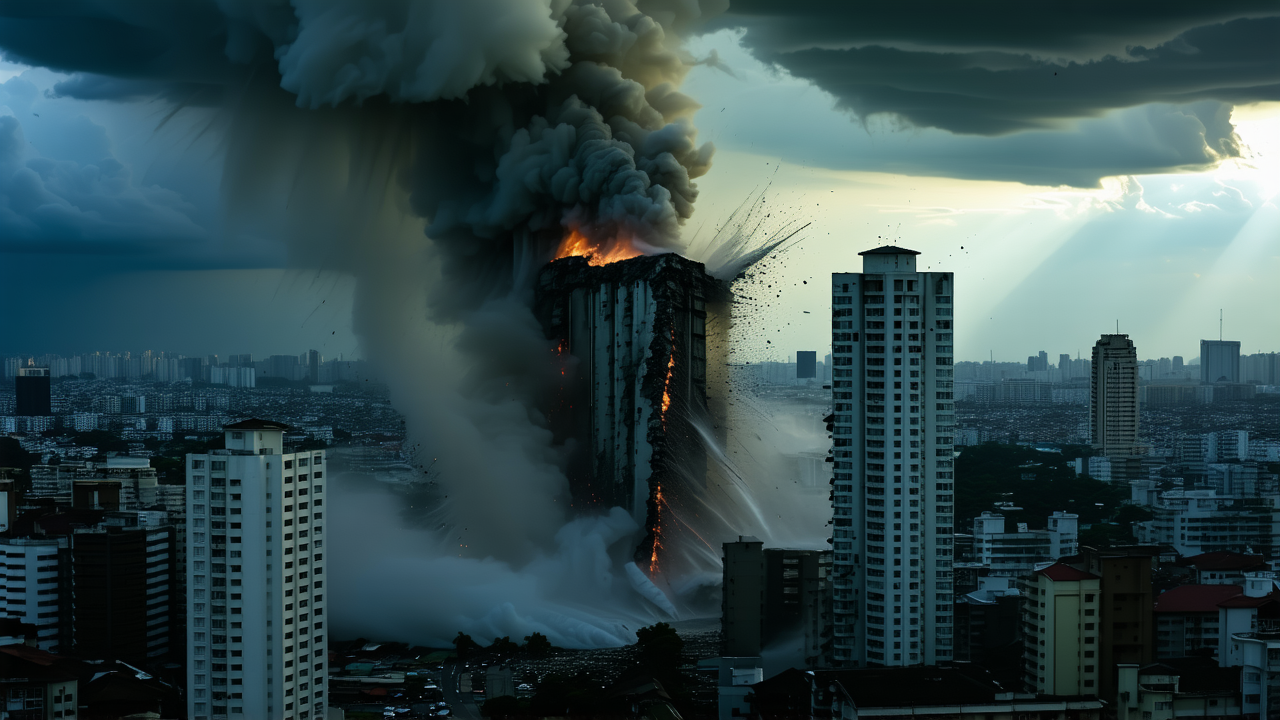Thai Prosecutors Indict 23 Over Bangkok High-Rise Collapse Linked to Earthquake
Thai Prosecutors Indict 23 Over Bangkok High-Rise Collapse Linked to Earthquake
In a major legal development, Thai prosecutors have indicted 23 individuals and companies in connection with the catastrophic collapse of a 30-storey high-rise in Bangkok, which occurred just seconds after a powerful 7.7-magnitude earthquake struck Myanmar on March 28. The incident resulted in the deaths of 89 people, primarily construction workers, and has sparked widespread scrutiny over construction practices and safety standards.
The building, which was intended to house the state audit office, was the only structure in Bangkok to collapse during the quake. The sudden and dramatic nature of its fall has led to a high-profile legal investigation. Thailand’s Office of the Attorney-General has filed a case with a criminal court, with a decision expected within months.
According to a statement, the indictment includes 16 individuals and seven firms, among them an architectural firm and a Chinese construction company. The accused include Premchai Karnasuta, a prominent Thai tycoon and executive director of the Italian-Thai Development (ITD) company, one of the country’s largest construction firms.
If convicted, Premchai could face up to 10 years in prison and a fine of 200,000 baht ($6,000). This is not the first legal trouble for the tycoon, who previously served a prison sentence for poaching protected wildlife in 2021.
Investigators have also raised concerns about the quality of construction materials used at the site. While specific details of the allegations have not been made public, the case has reignited discussions about accountability in the construction sector and the need for stronger regulatory measures.
The indictment marks a significant step in the ongoing legal and political fallout from the disaster. As the court case progresses, it will be closely watched by both the public and industry stakeholders, who are eager to see whether justice will be served and whether reforms will be implemented to prevent future tragedies.
As Thailand continues to grapple with the aftermath of this incident, the case serves as a stark reminder of the consequences of negligence and the importance of upholding safety standards in large-scale construction projects.
